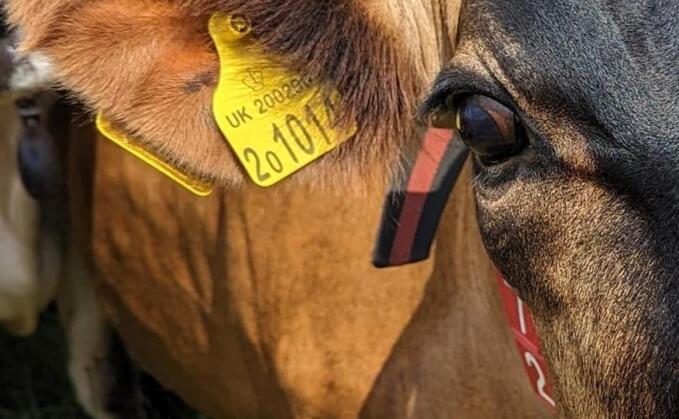
A Leicestershire farmer has been hit with a £5,000 fine after serious breaches of cattle ID laws threatened food safety and traceability.
James Beesley, 34, of Cranoe, appeared at Leicester Magistrates’ Court on 6 August 2025, where he pleaded guilty to 20 offences.
These included failing to report cattle deaths within the required seven days and reusing ear tags from animals that had already been slaughtered, actions which complicate efforts to trace the origin of meat products.
The ability to accurately identify and trace farmed animals, particularly cattle, is essential for controlling disease, ensuring food safety, and maintaining consumer confidence.
Leicestershire County Council’s Trading Standards Team launched an investigation following a routine farm visit after being contacted by the Animal and Plant Health Agency (APHA) in August 2022.
The contact was triggered by Mr Beesley’s failure to submit his herd for compulsory tuberculosis testing.
Prior to the visit, officers reviewed the Cattle Tracing Service (CTS) database and found discrepancies in 16 cattle records. Despite advice and guidance provided to Mr Beesley, no corrective action was taken.
In April 2023, the Rural Payments Agency (RPA) informed Trading Standards of ongoing serious inspection failures between 2019 and 2022, including missing animals from registration and irregular ear tag usage.
The investigation revealed Mr Beesley’s failure to report animal deaths within seven days and the reuse of ear tag numbers from already slaughtered cattle.
The prosecution stressed that such non-compliance poses risks to human health and the wider farming sector during disease outbreaks, making traceability within the food chain vital.
Mr Beesley’s defence solicitor, Tony Davis, stated: “There was no dishonesty or financial motive and he simply couldn’t cope with the demands of farming, particularly during a period when he had little help and was caring for a terminally ill father.
The administrative burden became overwhelming, and instead of seeking help, Mr Beesley buried his head in the sand. This was not done for monetary gain. It was an offence of omission, not commission.”
Mr Beesley was fined £921, reduced from £1,382 due to his early guilty plea. He was also ordered to pay a victim surcharge of £368 and £4,000 in prosecution costs, totalling £5,289. A collection order was imposed, requiring payments of £150 per month.
Gary Connors, head of Leicestershire Trading Standards, said the case demonstrates the importance of compliance with animal identification laws.
He said: "These regulations exist to protect public health and other farmers’ livestock, ensure traceability, and maintain the integrity of the food chain.
"It sends a clear message to farmers that they need to make sure that their animal movements are recorded properly or potentially face enforcement action."
